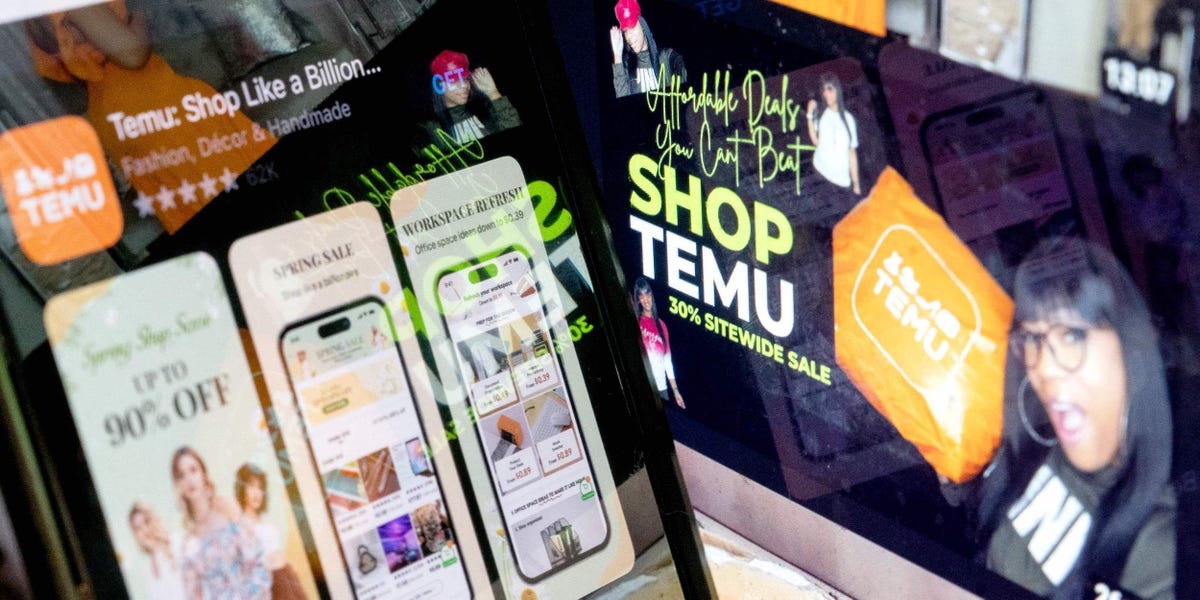- Amazon sellers told Wired that sellers on the ultra-cheap marketplace Temu are copying their listings.
- Sellers told the publication that their Amazon sales have recently declined.
- Several lawsuits allege that Temu and its sellers have violated copyright and trademark laws.
Amazon sellers say that Temu sellers are copying their listings and eating away at their sales.
According to an article by tech publication Wired, Amazon sellers have discovered their products are being sold on the ultra-cheap marketplace Temu for less. While the site has been known to sell counterfeit and knockoff goods, in some cases, Temu sellers have copied product photos, descriptions, and keywords directly from the original Amazon listings.
The sellers Wired interviewed told the publication that their sales have recently declined and when they requested Temu remove the listings, most were met with radio silence.
Wired spoke to a Temu seller who said it’s a common tactic to find best-sellers on Amazon and ask manufacturers to create the same products for lower prices.
Temu did not immediately respond to Insider’s request for comment.
“If you can find one item that gets popular on Temu, you can make a lot of money with the current popularity Temu has,” the seller told the publication.
Temu has skyrocketed in popularity since it first launched in the US in September 2022. It’s the most downloaded iOS app and US spending on Temu in May was 20% higher than on the fast-fashion app Shein, Bloomberg reported.
As both Temu and Shein have developed third-party marketplaces to compete with Amazon, they’ve also shared similar counterfeit issues. Last month, sneakerheads discovered Nike Air Jordan knockoffs on both sites. Shein quickly took the listings down, but Temu did not.
Dozens of brands such as Stussy, Ralph Lauren, Oakley, and Dr. Martens have sued Shein for selling products they claimed infringed on their intellectual property. Now several lawsuits allege that Temu and its sellers have violated copyright and trademark laws, Wired reported.
In 2020, Amazon established its Counterfeit Crimes Unit, which works with brands to identify and remove counterfeit products. It also conducts investigations and sends criminal referrals to law enforcement. In some cases, Amazon has filed civil lawsuits.
Last year, the company removed more than six million counterfeit items from the marketplace and referred over 1,300 individuals to law enforcement in the US, UK, Europe, and China, according to Amazon’s annual Brand Protection Report,
Read the full article here





